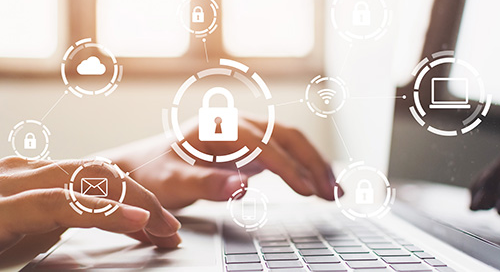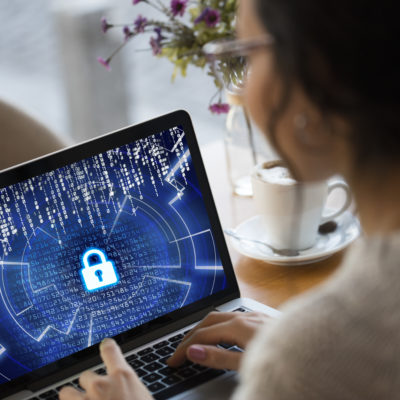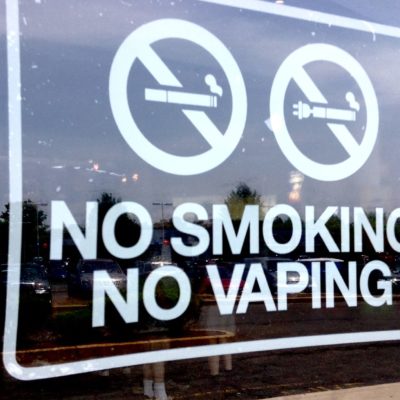By Keenan, an ACSA Partner4Purpose
With many of us taking time away from the office for vacation, it is even more important to think about how we are treating electronic data security while traveling. Our mobile devices make it easy and convenient to handle things like paying bills, checking emails and accessing our online accounts. But connecting through shared Wi-Fi access while at a hotel or restaurant can leave your secure data vulnerable to theft, fraud and unauthorized disclosures. Vacation is no time to relax…cyber security, that is.
Here are several ways to avoid the dangers of connecting from the road:
When connecting to public Wi-Fi and shared networks, don’t access sites where your finances and personal information could be compromised.
Your banking, investments, health care and credit card information may be seen by unscrupulous people trying to steal valuable data. Entering usernames and passwords to your online accounts on these networks can transmit them to cyber thieves.
If you must use shared Wi-Fi, use a secured network that requires a pass code to use it.
When you search for available networks on your device, there will be a “padlock” icon next to it and will ask for the code when you attempt to join. While this is better than unsecured Internet access, it’s still not a completely safe environment for sensitive data.
Your own wireless “hotspot” will provide the best security…provided you have secured it.
You may have a device that creates your own private Wi-Fi network or your smart phone may include this capability. If you use this type of access, be sure your device has secured access (again, look for the “padlock” icon) and that you don’t share the pass code with anyone who should not have access to it.
Be very careful about the work you do when working on vacation.
In this mobile world, many of us have trouble disconnecting completely from the office when we take time off. But remember that even your email exchanges with colleagues may contain information you don’t want out in the public domain. Email encryption and password protection may be necessary to keep private information from criminals, competitors, the media…anyone you don’t want it shared with! Check with your human resources or IT department to find out what policies may apply to your activity.
One final reminder… the same precautions for vacation also apply to those of you who travel on business. Hope that your time away gives you rest and relaxation, and that these tips help you avoid an unwelcome surprise when you return.









Leave a Comment